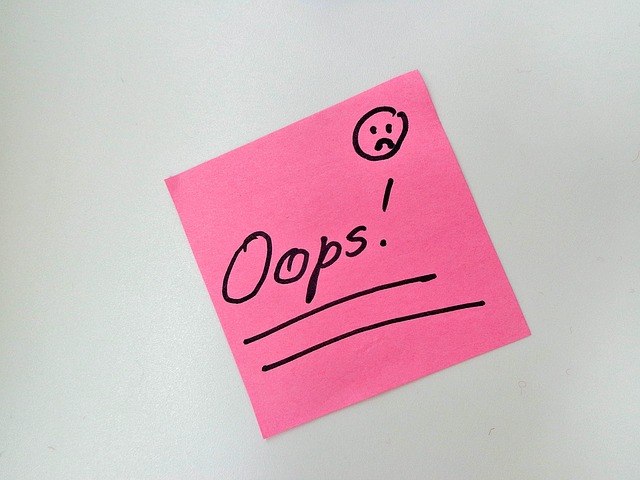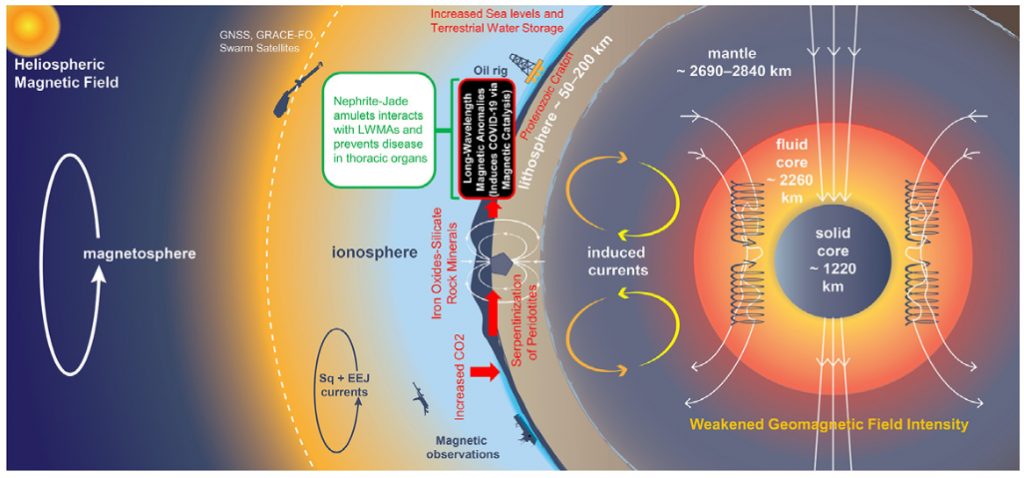
Before we present this week’s Weekend Reads, a question: Do you enjoy our weekly roundup? If so, we could really use your help. Would you consider a tax-deductible donation to support Weekend Reads, and our daily work? Thanks in advance.
The week at Retraction Watch featured:
- Paper suggesting vitamin D might protect against COVID-19 earns an expression of concern
- Widely cited COVID-19-masks paper under scrutiny for inaccurate stat
- Dear journal: Here’s the information you left out of your retraction notice. You’re welcome.
- Following Retraction Watch and PubPeer posts, journal upgrades correction to a retraction
- Researchers publish the same COVID-19 paper three times
- Amulets may prevent COVID-19, says a paper in Elsevier journal. (They don’t.)
- Our bads: Publisher error leads to double retractions for psych researchers
Our list of retracted or withdrawn COVID-19 papers is up to 37.
Here’s what was happening elsewhere:
Continue reading Weekend reads: A peer review murder mystery for Halloween; learning from #medbikini; inside the publishing ring that linked COVID-19 and 5G





